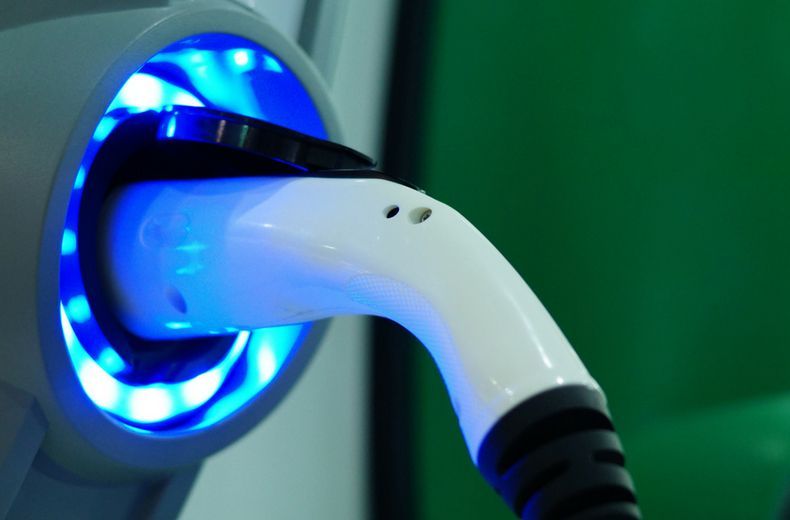Researchers at the University of Glasgow have produced a new ‘flow battery’ system for energy storage which could see EVs charged as quickly as it takes to fill a fuel tank.
The new batteries will also be able to store either electric power or hydrogen gas, giving cars a greater level of flexibility to meet future demands.
The breakthrough could be revolutionary for the EV market, as it can currently take vehicles hours to fully recharge.
READ MORE: Electric cars – the ultimate guide
The flow battery system contains a liquid filled with nano molecules that are able to release power as either electrical energy or hydrogen.
According to scientists, when a concentrated liquid containing nano molecules is made, the amount of energy that it can store increases by up to 10 times compared to its sold counterpart.
And when it comes to recharging, the used liquid in the battery would simply need to be pumped out and exchanged for charged liquid, a task that could be completed in seconds.
The used battery fluid could then be re-charged and made ready to be used again by another vehicle.
SEE ALSO: Electric car charging — why is it so complicated?
Professor Leroy (Lee) Cronin, who leads the team in Glasgow, said the development would increase both the range of electric cars and the resilience of the energy network.
He said: “For future renewables to be effective, high capacity and flexible energy storage systems are needed to smooth out the peaks and troughs in supply.
“Our approach will provide a new route to do this electrochemically and could even have application in electric cars where batteries can still take hours to recharge and have limited capacity.”
The news could have huge ramifications for the electric vehicle market in the UK, and the prospects of the Government’s £400 million Road to Zero Strategy.
Announced by Transport Secretary Chris Grayling in July 2018, the strategy will look to help the growth of the electric vehicle market, as the Government looks to meet its own target to ban the sale of new petrol and diesel cars by 2040.
High-quality batteries fitted at your home
Skip the garage hassle – RAC Mobile Mechanics come to you!







